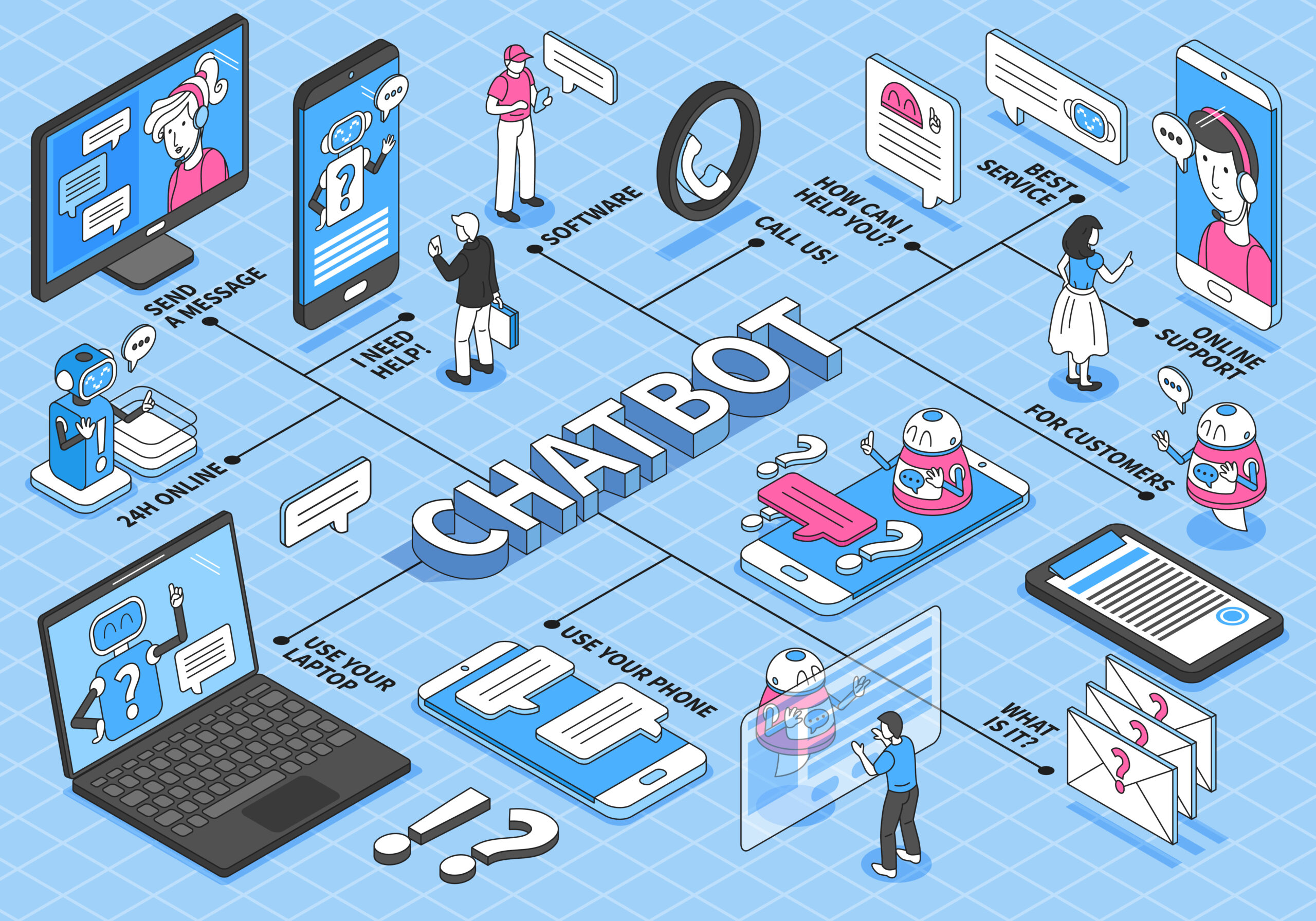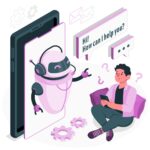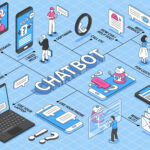Will AI replace human labor? What impact does ChatGPT have on the job market?
However, this also raises another question: will intelligent AI like ChatGPT replace some jobs?
Although many users have reported that ChatGPT is not that intelligent based on extensive testing results, professionals from various industries have begun to worry. Programs can rely on AI, academic papers can even bypass anti-plagiarism software, and job security and knowledge originality are at risk.
According to an interview with Paul Kedrosky, a researcher and economist at TechCrunch and MIT, and a venture capitalist, “OpenAI is driving the most disruptive change in the US economy in the past 100 years.”
In the interview, Kedrosky compared it to mechanized car factories, pointing out that it is very different from automation entering car factories and causing car workers to lose their jobs. “Although robots in manufacturing plants have had a disruptive impact on people working in the factories and have had incredible economic consequences, they have not turned around and started ‘absorbing’ everything inside the factory, from one department to another. This is not only what we can expect, but what we should expect.”
In addition, Kedrosky also believes that ChatGPT is a threat to higher education, especially when it is used to write papers, which can be considered plagiarism. “The purpose of writing an article is to prove that you can think, but shortening the (writing) process and failing to achieve the goal… we no longer know if they are cheating, so this means that everything must be completed in the classroom (homework) and must be supervised.” This requires more educators to work hard on the front line, so schools may become more expensive and smaller.
However, regarding the threat to future careers, Kedrosky still agrees with a more optimistic view, “As long as there is ‘subversion,’ there will be other opportunities. People will flow from one place to another, from one profession to another. We should not be so stubborn as to think that the development of this technology (AI) makes us unable to change or migrate.”
However, Sam Altman, the CEO of OpenAI, said that the main function of ChatGPT is still to help users save more time, for example, by using AI to quickly summarize key points in long content, check whether complex program code content is incorrect, and even though most of the automatically generated content is logical and semantic, it still needs to be reviewed and modified by humans and cannot replace a single job position.
Indeed, the fact that ChatGPT conversation cost is only a few cents is still worth anticipating.
It is true that ChatGPT is currently in a free trial state. Regarding the average cost of ChatGPT conversations, Sam Altman, the CEO of OpenAI, said: “The average cost per conversation may only be a few cents, and we are trying to find more accurate measurement methods and optimize it.” However, Altman also stated that ChatGPT will not be free forever, “We will have to monetize it in some way at some point, because it is expensive.”
However, ChatGPT, which is still in the development stage, is still very impressive and worth exploring by netizens to discover the infinite potential of chatbots.
What are the differences between the paid version and the free version of ChatGPT?
On February 1, 2023, OpenAI officially launched the paid subscription version of ChatGPT called ChatGPT Plus, which charges $20 per month. After paying, users can continue to use ChatGPT during peak hours and get early access to new features and improvements. The service response time will also be shortened.
However, OpenAI does not force users to use the paid version and emphasizes that they will continue to provide ChatGPT free version service. But according to the New York Times, the number of visits to the free version will be limited during peak hours.
ChatGPT is causing an AI frenzy.
ChatGPT is undoubtedly the most hyped AI application to date, and many people even believe that it represents the future of AI. The news that Microsoft is considering investing $10 billion in ChatGPT’s developer, OpenAI, has further fueled the surge in ChatGPT and related AI projects.
Since last week’s news that Microsoft will increase its investment in OpenAI, AI-related concept coins have surged across the board.
According to CoinGecko data, there are five AI concept coins with an increase of more than 100%, and another seven AI concept coins with an increase between 20% and 65%.
Image Generation AI (ImgnAI), a project based on animated AI image generator, has the highest increase, reaching 380.2%. Other AI concept coins with an increase of more than 100% include Artificial Liquid Intelligence (ALI) with 171.7%, SingularityNET (AGIX) with 160.1%, GNY with 105.1%, and Botto with 100.4%.
What is the future outlook for ChatGPT?
GPT-4 is highly anticipated by Silicon Valley and the world at large. According to rumors, it may arrive as early as spring 2023. When it does, it will likely overshadow ChatGPT, and undoubtedly, there will be more discussions about it.
The economic impact of GPT-4’s real-time distribution could be as significant as the COVID-19 pandemic. Its adoption and productivity increase could benefit millions of knowledge workers almost instantly.
Technically, GPT-4 will have more built-in parameters, requiring more processors and memory to be bundled together and trained on more data. GPT-1 was trained on 4.6 GB of data, GPT-2 on 46 GB, and GPT-3 on 750 GB. GPT-4’s training data will be even more significant, perhaps comprising a substantial portion of the internet. As OpenAI has already realized, bigger often means better, and each iteration’s output becomes more human-like. GPT-4 will become a monster.
But can it solve the problems we’ve seen before? I’m not entirely sure.
Although GPT-4 is undoubtedly more intelligent than its predecessors, it still has internal architecture issues. I suspect we’ll see a familiar pattern: initial hype, followed by more careful scientific scrutiny, and then everyone realizing many problems still exist.
What impact does ChatGPT have on employment?
How do I use ChatGPT? Can it replace Google?









